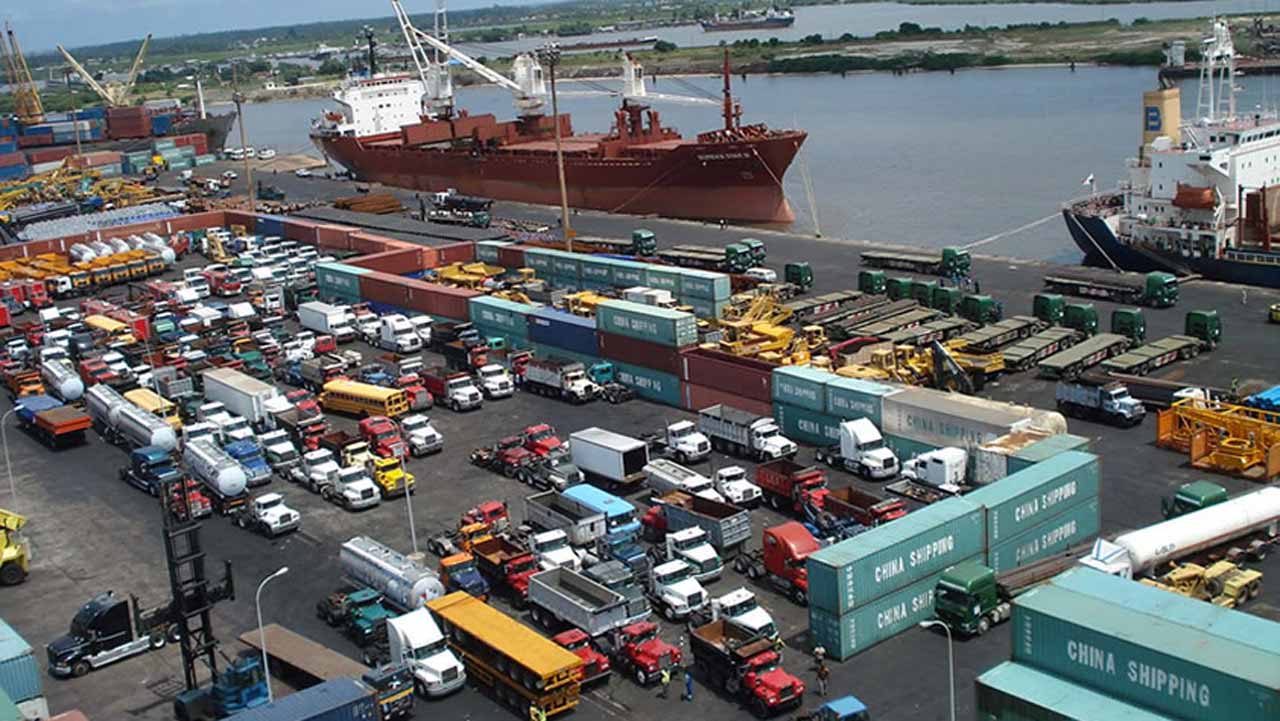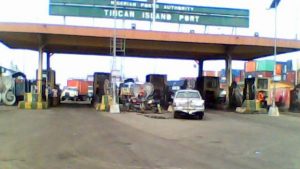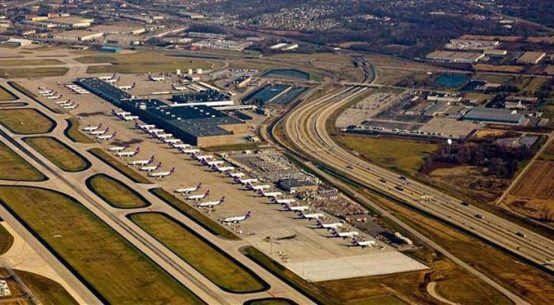

A coalition of the two industrial unions in the Nigerian maritime industry, Maritime Workers Union of Nigeria (MWUN) and the Senior Staff Association of Communications, Transport and Corporation (SSACTAC) grounded activities in the nation’s seaports between 6am to 12pm on Tuesday over contentious amendment of the Nigerian Ports Authority (NPA) Act.
Speaking to newsmen on the sideline of the protest, the National President of the MWUN, Adewale Adeyanju stated that the strike, which was total and cuts across all ports in the country, is a warning strike aimed at stopping further amendment of the NPA Act.
According to him, “Our members nationwide today, from Rivers ports to Calabar ports down to Onne, Lagos and Tin-Can ports trooped out to protest amendment of the NPA Act by some perceived vested interest under the guise of the Ports and Harbours Bill.
“We practically grounded ports activities from 6qm today and just called off the strike by noon because the protest is a warning strike. If they don’t stop the policy of throwing workers out of their jobs under the guise of amending the NPA Act, what will follow next will be worse than what happened today.”
Adeyanju noted that if the Bill is passed into law it would lead to massive job loss to members of the union as item 6 of the second schedule of the Bill states that not all the staff of the NPA would be absolved into the Harbour Authority. He said the purpose of the Bill is to strip workers of their common wealth through further concession of harbor operations in the guise of amending port Act of 1955.
As at the time of filing in this report, workers who had partaken in the protest were seen waving different placards and fliers kicking against the further amendment of the NPA Act.
Many trucks that wanted to go into the ports to pick containers were trapped outside due to the crowd in front of the Lagos ports and Tin-Can ports entrance, while trucks that were scheduled to have left the ports could not load cargoes due to the absence of workers to work on such cargoes before loading process.
Source:Nigerian Tribune








